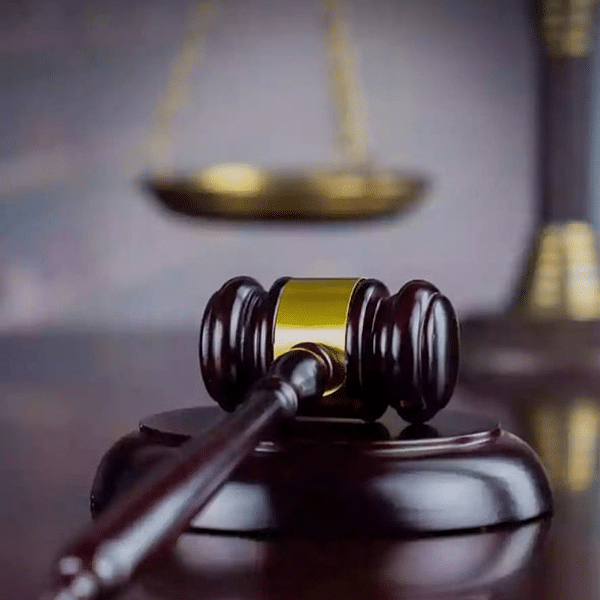UPDATE, August 1: The Sixth Circuit Court that set back the FCC’s proposed net neutrality rules (see below) announced today that the implementation will be blocked until late October or early November.
“The American public wants an internet that is fast, open, and fair,” said FCC Chairwoman Jessica Rosenworcel in response to the news. “Today’s decision by the Sixth Circuit is a setback but we will not give up the fight for net neutrality.”
Original story follows
On July 12, a federal court in Ohio delivered a temporary setback to the Federal Communications Commission’s (FCC) plans to enforce new net neutrality regulations, halting their implementation until at least August 5.
The ruling by the U.S. Court of Appeals for the Sixth Circuit in Cincinnati responded to legal challenges mounted by major industry associations and national providers including AT&T, Charter, Comcast, and Verizon, which swiftly contested the FCC’s April decision to reclassify broadband providers under Title II of the Communications Act.
The new FCC rules, aimed at restoring net neutrality principles, were slated to take effect on July 22. These regulations prohibit broadband providers from blocking or throttling lawful internet content or creating paid prioritization schemes that could establish a tiered internet experience.
The court’s decision came despite FCC Chairwoman Jessica Rosenworcel’s confident assertions about the reestablishment of net neutrality regulations.
This legal setback follows a pattern of contentious litigation surrounding net neutrality, a principle initially enforced under President Barack Obama’s administration in 2015 but subsequently repealed under President Donald Trump in 2017. President Joe Biden’s administration has since prioritized its reinstatement, citing concerns about fair access to the internet and the prevention of discriminatory practices by broadband providers.
Proponents of net neutrality view it as essential for safeguarding consumer interests and promoting equitable access to online resources. However, opponents argue that regulatory oversight under Title II is excessive and inappropriate for a rapidly evolving industry.
The court’s decision to temporarily block the FCC’s rules underscores the complex legal and regulatory environment surrounding net neutrality in the United States. As the new August 5 deadline approaches, stakeholders on both sides of the debate will likely prepare for new legal pathways and arguments to shape the future of net neutrality.


